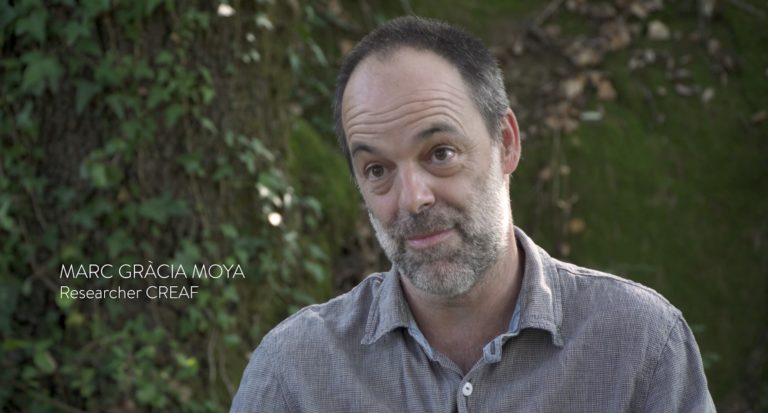
THE HARVARD GRADUATE SCHOOL OF DESIGN RECORDS A VIDEO ABOUT POLYFARMING
At the beginning of October 2019, a team of landscape architects from the Harvard Graduate School of Design, GSD, (Cambridge, United States) visited Planeses, the pilot farm where the Polyfarming project is carried out. The team, in collaboration with the LUMA Foundation in Arles, proposes a new landscape model in cities, in which they want to integrate urban areas with rural and productive areas. In this context, Polyfarming is a reference for developing this model in a sustainable and innovative way.
The project is being carried out within the ‘Landscape Urbanism’ framework, and architects, landscape architects and agronomists are involved. “It is about projecting a new form of urbanism based on the logic of regenerative agriculture“, says Teresa Gali Izard, associate professor in the department of landscape architecture at Harvard Graduate School of Design and founder of Arquitectura Agronomia in Barcelona.
The visit has resulted in a recording of the Planeses farm and an interview with Marc Gracia, Polyfarming coordinator and researcher at CREAF. The video was planned to be presented in Arles in May 2020 at the LUMA days, within the framework of the project ‘LANDSCAPE URBANISM the garden of the XXI century’. But, unfortunately, due to the coronavirus situation, the festival was canceled.
Bases of regenerative agriculture
Throughout the video Marc Gràcia explains the need to change the current agricultural model and move towards a sustainable system that recovers the soil fertility and that, at the same time, helps to mitigate the impact of the climate change. He also explains what are the regenerative agriculture techniques that are carried out in Planeses to recover a healthy and profitable soil. “Sometimes we forget a critical element that is the problem of degradation and loss of our soils, which are the main basis for guaranteeing food for all humanity”, states Marc.
Polyfarming aims to be an alternative to the current agriculture system, this new model does not depend on large agrochemical companies, but it is in the hands of the farmers. Only then we could move towards food sovereignty.
